Bimbo Bakeries USA Takes Sustainable and Charitable Practices to a New Level
Under the direction of its parent company, Grupo Bimbo, the U.S.-based operation is committed to building a sustainable, highly productive and deeply humane business.
BY VICKI MARTINEZ
In a world where business growth and the bottom line often occur at the expense of a sprawling carbon footprint and a production-centric mindset, Bimbo Bakeries USA (BBU)—the largest baking company in the United States —is committed to reversing that trend.
Leading the Way Through Impactful Commitment
Whether it's building rainwater harvesting systems at every new construction or investing in and retrofitting older bakeries with up-to-date technologies for reducing environmental impact, the goal is the same. “Everything we do is done with an eye toward sustainability,” says Dana Connors, senior director of corporate affairs at BBU.
The company's sustainability strategy focuses on natural capital conservation, reduction of carbon and water footprints, and waste management improvement. Connors shares several of BBU’s recent environmental achievements:
“In 2016, we made a commitment that 100% of U.S. operations would be powered by renewable energy,” says Connors. Through a long-term virtual purchase power agreement (VPPA) with a wind farm in Santa Rita, TX, by 2020, 100% of BBU energy used was offset by that VPPA.
BBU prioritized the modernization of its fleet. “Currently, we have 360 new vehicles on the ground using alternative fuel—propane, compressed natural gas or electricity,” says Connors.
Since 2018, the baking company has reduced the plastic used in packaging by more than 1 million pounds. They've also committed to 100% sustainable packaging (reusable, recyclable or compostable) by 2025. “We’re the first bread company to do this,” says Connors.
To date, 95% of products rejected during the baking process—burnt bread, products that don't meet bakery standards and test loaves used for quality control—are distributed to livestock farms rather than ending up in landfills.
BBU received the EPA’s Energy Star Partner of the Year award (the highest achievable award for innovation, environmental protection and renewable energy use) the last three years in a row.
Grupo Bimbo's global reach includes 32 countries, making them the largest baked goods company in the world.
A Deeply Humane Company
BBU takes social responsibility as seriously as they do environmental responsibility. At every level, people are the priority, from the associates who play integral roles in the baking and distributing of baked goods to the customers who enjoy those products and their local communities. “It’s our core belief: We Value the Person,” says Connors.
Feeding America.
Because baked goods have a relatively short shelf life compared to other food products, the potential for food waste in the baking industry is immense. BBU, in partnership with Feeding America, gives an average of 20 million pounds of food annually to the organization's food bank, helping those in need while keeping products pulled from shelves out of landfills.
No Added Nonsense.
Every year, BBU takes to the streets (to the parks, actually). The No Added Nonsense park clean-up campaign is a directive that involves “taking everything out of parks across the country that doesn't belong,” Connors explains. It's an extension of the Arnold / Brownberry / Oroweat brands’ promise of “No Added Nonsense” in bread ingredients.
The Good Neighbor Project.
BBU associates are empowered to give back to the communities they serve in a variety of thoughtful and creative ways. Every bakery and large sales center is given an annual budget, tasked with finding a community project they can support through volunteerism and financial donations.
“We’re one of the biggest companies you've never heard of,” Connor says, “but we are getting better at telling our story. Because we really are walking the walk when it comes to our commitments.”

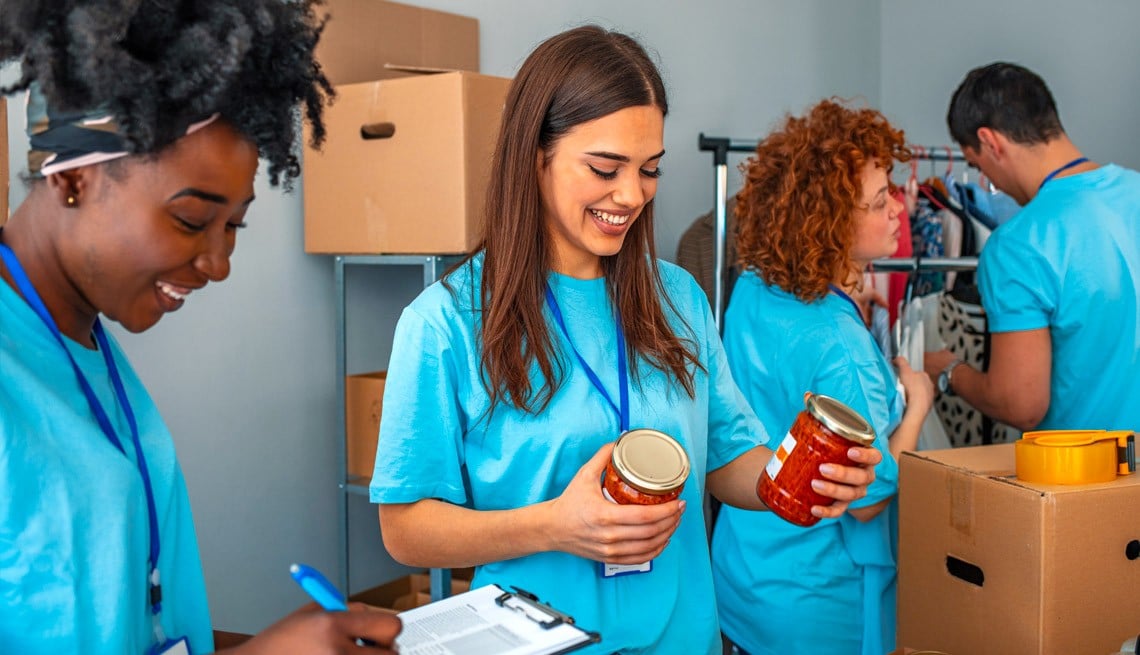
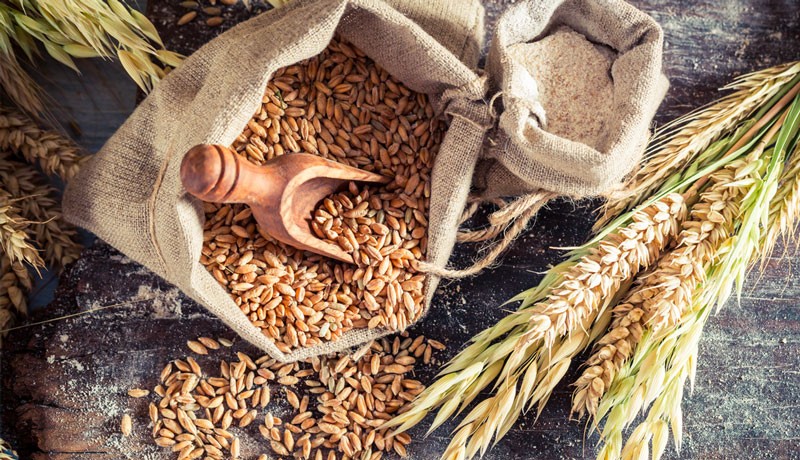
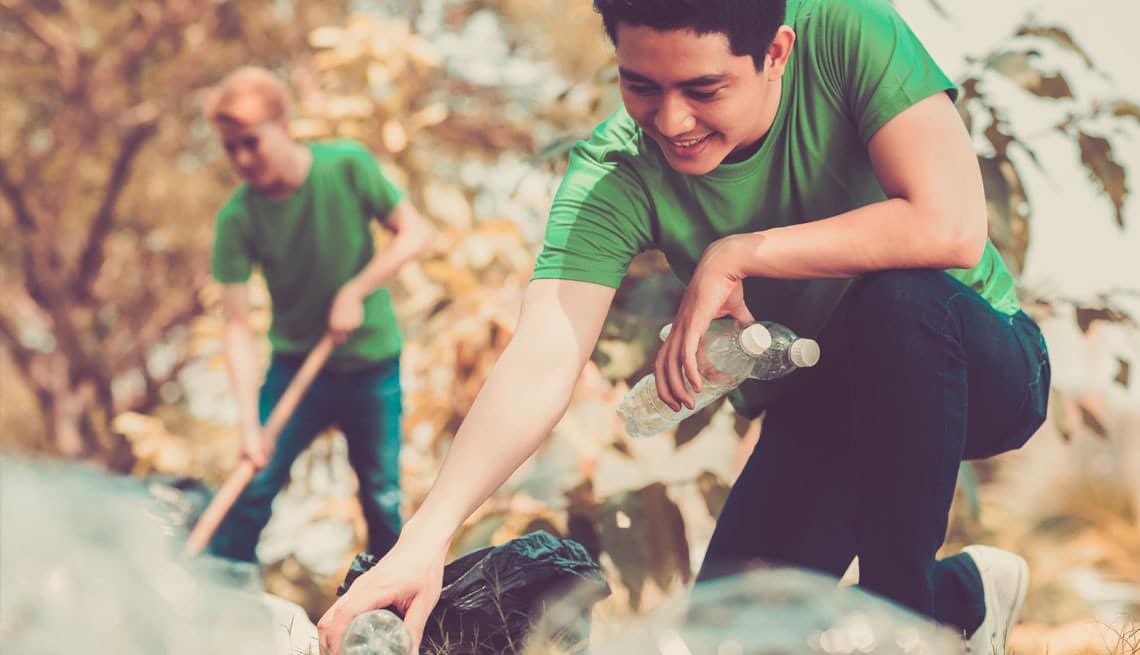
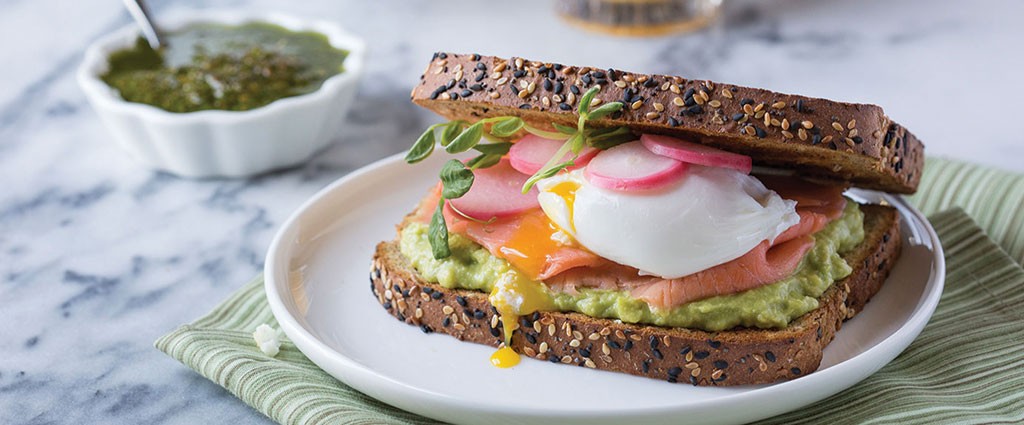
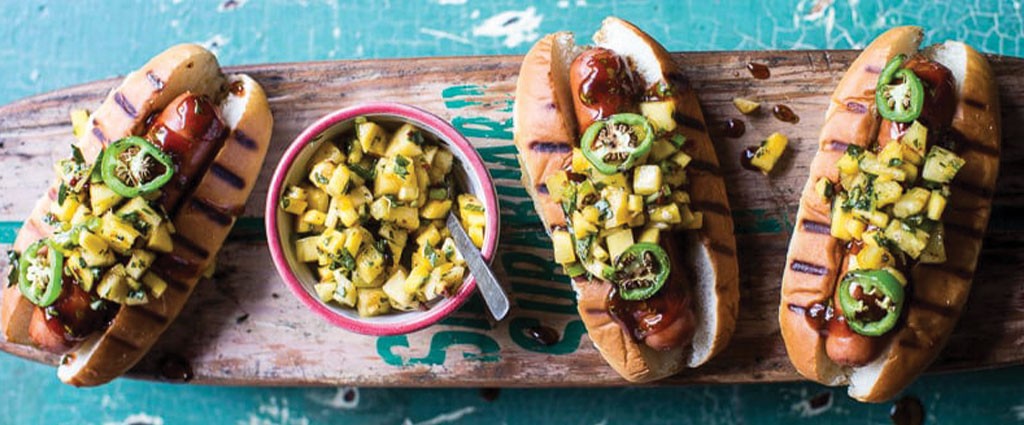
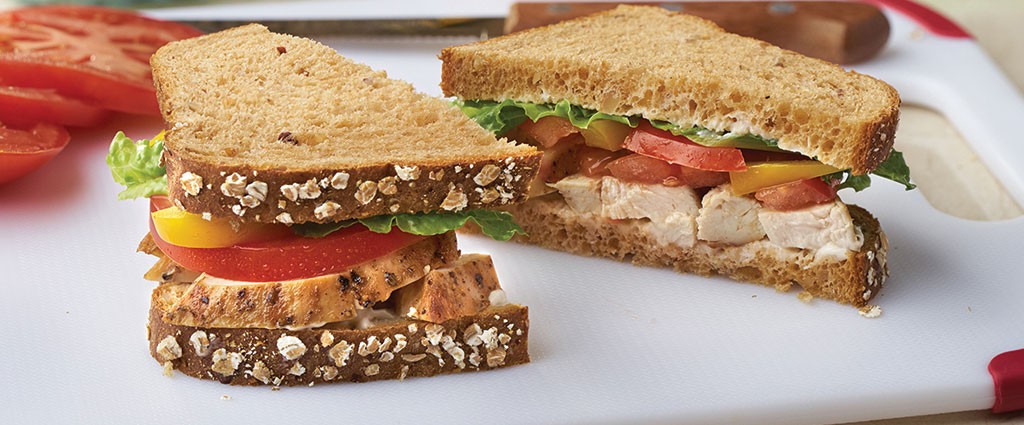

Share this Post